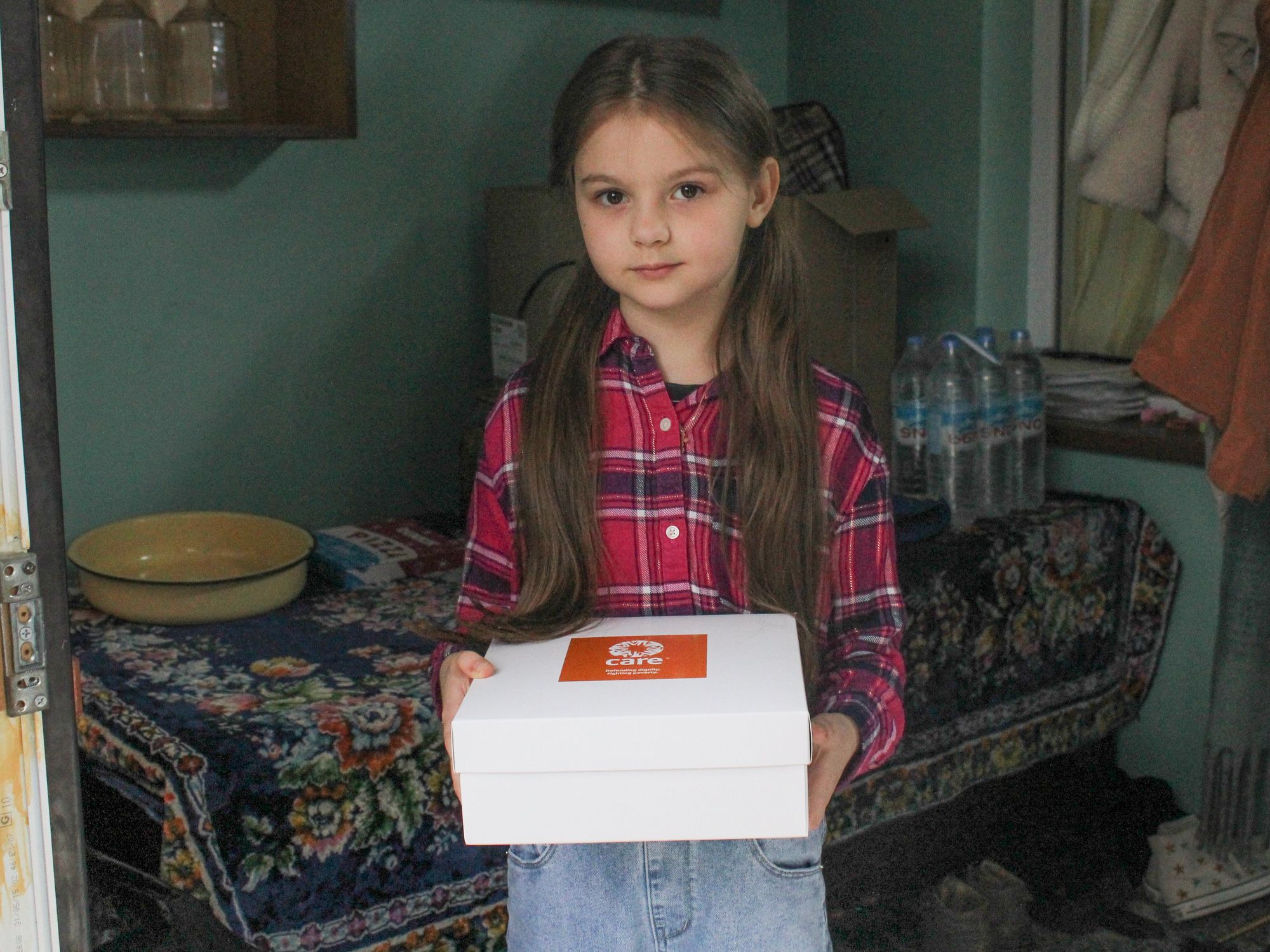Maxwell Smart, born Oziac Fromm, was 9 when World War II began in 1939, turning his life upside down. He was from a Jewish family in Buczacz, a small city in Poland, now part of Ukraine.
The Nazis occupied the region in July 1941, and one day, a notice was given for all Jewish men ages 18 to 50 to register for labor camps. They were separated into professionals (teachers, doctors, lawyers) and tradespeople. The professionals, including Smart’s father, were taken to a nearby hill and shot to death.
The rest of Smart’s family was forced into a ghetto and in 1943, when it was cleared, they were violently loaded onto a truck, but his mother wouldn’t let him join them. Instead, she urged him to run.
“I was angry. I said: ‘What do you mean you don’t want to take me? You are my mother,’” Smart told The Guardian . “This saved my life,” he said. Smart removed his Star of David armband and went to find his aunt and uncle, but a German officer stopped him before he could reach them.
“He takes out the gun, points it at my head and he says to me: ‘Tell me the truth, are you a Jew?’” Smart denied that he was Jewish and somehow, the officer believed him. His aunt and uncle paid a local farmer, Jasko Rudnicki, to hide Maxwell in the forest with his wife and 2 boys at their mud hut in the forest. But after his aunt and uncle were killed and authorities began to question Rudnicki, Maxwell was forced to live in the woods.
Before Maxwell went into hiding, the farmer taught him basic survival skills, such as what to eat, how to build a fire and trap a rabbit. Rudnicki allowed him to sleep in his barn at night when it was cold. “I built a bunker in the woods but was very lonely,” he told the South Florida Sun-Sentinel.
Maxwell lived off of tree bark, half-eaten rabbit corpses and worms to survive. Occasionally, he would stop by Rudnicki’s hut for some milk or a piece of bread. He was 13 years old, alone and hiding in the woods from Ukrainians and Nazis searching for Jews. The only time he felt safe was when it was raining.
“It was a sport to kill a Jew,” he told The Guardian. “[Your typical Nazi] is not going to go in the mud and get dirty and filthy; he is doing it for happiness, for enjoyment. So when it was raining, I knew I was safe.”
Eventually, Maxwell found a friend in Janek, a boy of around 10, who had been hiding in the woods with his parents before they both disappeared. The boys became friends and lived in the bunker together. "He shared my sorrows, he shared my problems, " he told the BBC.
However, their friendship was short-lived. One day, the boys heard gunshots and after they investigated, found the bodies of several Jewish people on the other side of a river. They saw something moving amongst the dead bodies and after crossing the river, found a baby in a dead woman’s arms.
Soon after, they found the baby’s aunt in the woods, who took the baby into her care. Smart would later be reunited with the baby, Tova, in a TV special, “Cheating Hitler.” Sadly, after crossing the cold river, Janek became sick and died. "That was the biggest loss of my life. This young little boy was such a help to me to survive the war. My mother was gone, my sister was gone, my father was gone. I somehow accepted it. I still cannot accept Janek's death,” Smart told the BBC .
A few months after Janek’s death, Smart visited Rudnicki and learned that the Nazi occupation was over and that he was free. “It was April 1944, I was almost 14 years old and I finally felt no fear. I was a human being once again,” he told the South Florida Sun-Sentinel.
In 1944, he successfully joined a group of Soviet soldiers, accompanying them through Romania and Hungary. In 1948, he relocated to Canada via the War Orphans Project, a refugee resettlement program overseen by the Canadian Jewish Congress. After relocating to Canada, he changed his name to Maxwell Smart to leave his tragic past behind him and focus on his new life. He chose the name years before it was popularized in the 1960’s James Bond parody, “Get Smart.”
He would build a successful real estate career while pursuing his lifelong passion for art.
After 70-plus years of keeping his harrowing experiences during the war to himself, Smart shared his story in the book “Chaos to Canvas” published in 2018 by the Azrieli Foundation. In 2019, he appeared in the documentary “Cheating Hitler: Surviving the Holocaust,” which ran on the Discovery Channel.
Smart’s story of survival was recently made into a film, “The Boy in the Woods.”




